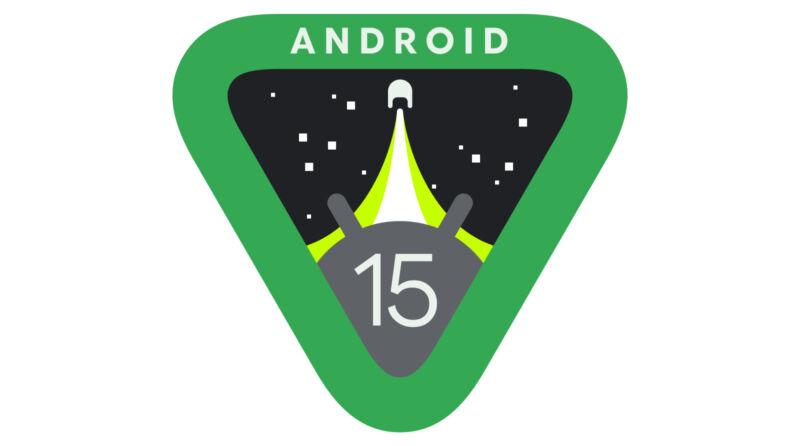Low-level developer features include fs-verify support, more screen-sharing modes.

It’s that time of year again. Android is going to start its ~8-month-long beta process with the release of a new major OS version. The Android 15 Developer Preview is out today for the Pixel 6, 7, and 8, Pixel Fold, and Pixel Tablet. This release should mark the end of major OS support for the Pixel 5 and 5a series.
So what’s new? It’s hard to know too much with only the simple text descriptions we’re getting, but we have a few bullet points. “Partial screen sharing” will let users share or record individual app windows instead of the entire screen. Phones don’t have much of a difference between an app window and a full screen, but it would be nice if this blocked incoming notifications from showing up on your screen share. It would also be nice for tablets.
Android is surfacing an API that supports the Linux kernel’s fs-verity feature. This will let you store a read-only file on a read-write file system and cryptographically sign it to ensure it hasn’t been maliciously tampered with. Google apparently wants app developers to use this, saying, “This leads to enhanced security, protecting against potential malware or unauthorized file modifications that could compromise your app’s functionality or data.”
ADVERTISINGAdvertisement
Google says there are improved camera controls for apps and more “dynamic performance” controls that detect if your phone is overheating and let apps respond accordingly.

There’s also a schedule that says we’re getting at least six developer releases. The first “beta” will be out in April; “platform stability,” when APIs are finalized and developers should get to work, is in June. The final release on the timeline is sometime after July, depending on how development goes.
We’ll know more about Android 15 when the actual documentation gets released and we can try some software. As always, these first Developer Preview releases are limited to low-level features for app developers, giving interested parties time to support new functionality before the OS releases in Q3. User-facing features will come later—hopefully. The Android 14 release was one of the smallest on record, so we’re hoping there are more meaningful improvements this year.




